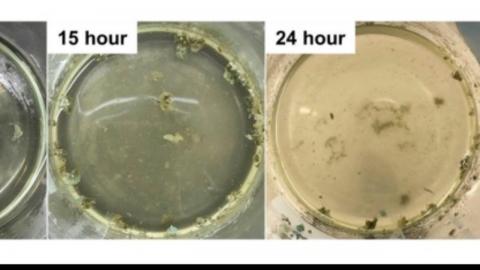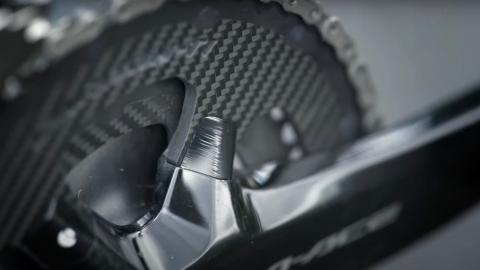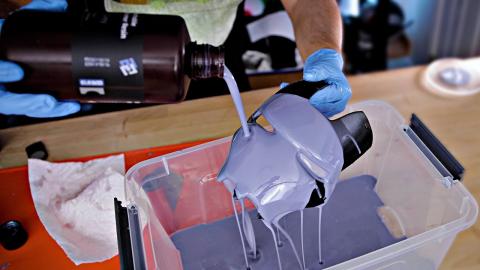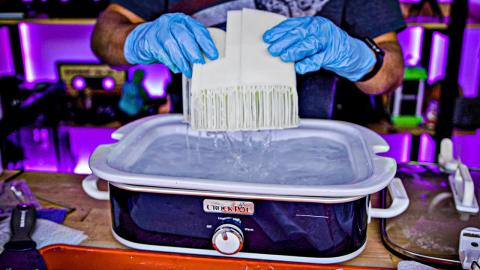3D Printing Unpeeled: Transistors, a Hack & Fatigue Strength
Description
KTH Royal Institute of Technology along with Stockholm University has made electrochemical transistors using a Nanoscribe 3D printer. This may allow them to relatively easily make small scale and custom bioelectronic devices. Image of the Anycubic hack by Mr_0verwrite
Anycubic 3D printers have been hacked exposing 2.9 million printers to a harmless bit of Gcode put onto the printer. This vulnerability does make us worry about physical spam and the integrity of desktop 3D printers.
A Nature paper by Zhan Qu and many others of the Shenyang National Laboratory for Materials Science looks at a way to make nearly void free titanium powder bed fusion parts. Lacking micro voids these Ti-6Al-4V parts have fatigue limits of 1 GPa which is better than other 3D printed components and forged components.













